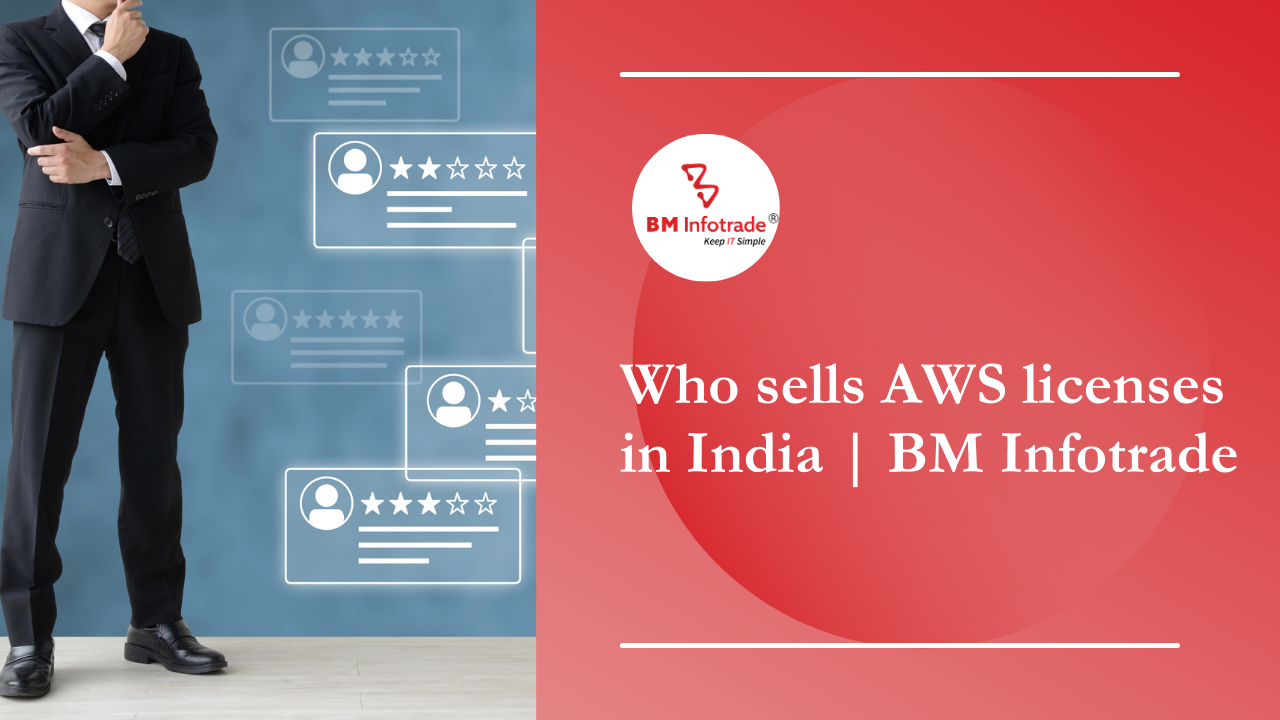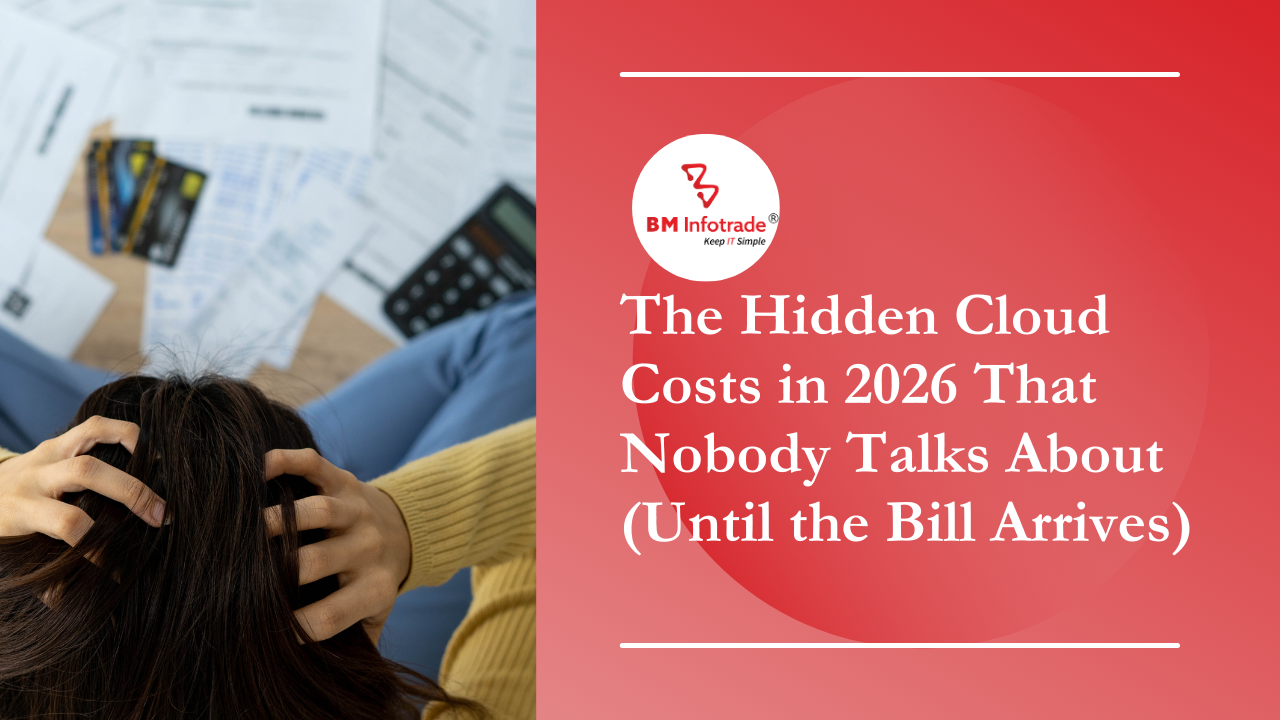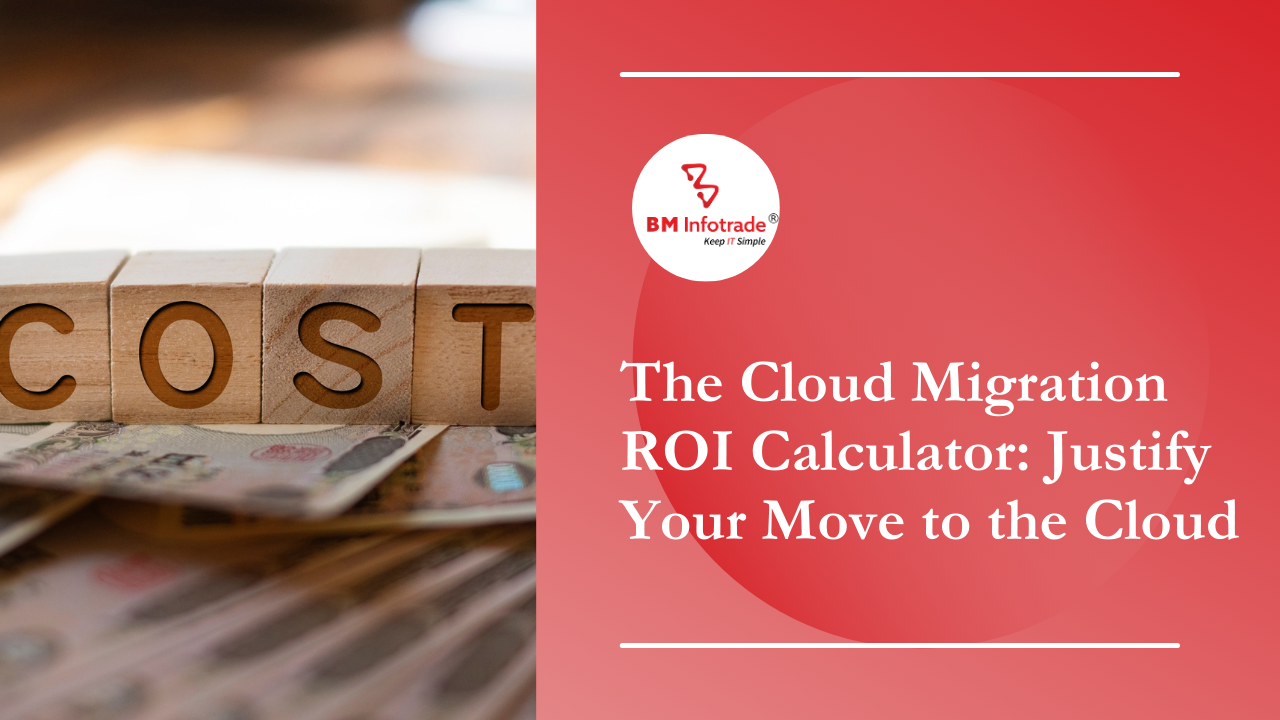What is End User Computing? Functions of EUC!
Explore what End User Computing (EUC) is and discover its essential functions. Learn how EUC empowers users and enhances productivity in modern workplaces.

What is End User Computing? Functions of EUC!
Table of Contents
End-user computing (EUC) is a collection of technologies, regulations, and procedures that provide your workforce with safe, remote access to the programs, desktops, and information they require to complete their work. EUC is used by modern businesses to enable their staff to work across multiple devices, safely and scalable, from wherever they are. Users of an effective EUC program have immediate access to the digital tools they require for productivity, both locally and remotely in the cloud.
For the average computer user, the world of computing and information technology has always exuded intelligence and mystery. Hardware specialists, programmers, and software developers appear to have gravitated toward some exclusive category of intelligent people as technology has permeated every aspect of our society. The goal of software development and information systems is to provide solutions for our daily tasks. Today, almost everything is run on computers, which has facilitated the development of end-user computing (or EUC), a system designed to make it possible for non-programmers to understand fundamental technological concepts and produce useful software applications.
It consists of various methodologies and approaches that better incorporate users and non-programmers into the information technology industry. With this accessibility, users are better able to design and manage their application environments without the assistance of information technology (IT) specialists. Therefore, EUC is a useful application created by the user to address organizational problems.
Read more: What is Cloud Computing? Its types? And how it helps companies?
End-User Computing (EUC): What It Does and Why It’s Important
An EUC solution provides desktop access and remote access to user applications and makes it simple to add users and launch troubleshooting operations. A central platform for all user desktops and applications is used by an EUC solution, making it simple to monitor security and software licensing.
Users can use devices owned, managed, or even hosted in secure facilities to access internal services and applications. Cloud-based EUC solutions allow you to scale resources up or down in response to demand while avoiding significant upfront costs. With the help of these solutions, endpoint devices will only receive pixels, keeping sensitive information safe in the corporate data center and off of end-user systems.
As a result, EUC equips each user with the resources necessary to complete their tasks and address organizational needs more quickly while safeguarding the organization's intellectual property and key data assets. Personal information (PII) and other data types must be protected from malicious actors, and EUC complies with this requirement. To make application infrastructure more accessible to the majority of users, EUC services can also make it simpler. Without intensive IT support, for instance, non-programmers can create functional applications. Without extensive technical knowledge, anyone can deploy a Windows or Linux-based application and make it appear to be a Software as a Service (SaaS) application. Improvements in productivity and teamwork within an organization are made possible by these capabilities.
Advantages of End-User Computing (EUC)
Organizations can benefit greatly from end-user computing (EUC) in several ways. Below, we list some benefits of EUC

Corporate persistence-
In the modern era, hundreds of millions of people work remotely without full or even partial access to corporate hardware. Employee access to necessary business applications and data on their devices has been essential to business continuity.
Security-
The management of EUC services and applications is centralized. Instead of downloading sensitive data to user devices, they store data and desktops centrally in the cloud and stream only pixels to endpoint devices. If an employee's device is lost or stolen, the risk of unauthorized data access can be further reduced by enabling multi-factor authentication for end users to access EUC systems.
Agility-
Instant scalability offered by cloud-based EUC solutions greatly enhances agility by making it easier for businesses to deploy and manage secure virtual desktop infrastructure. Faster than you could on-premises, you can release new software and tools or convert existing Windows- or Linux-based applications into Software as a Service (SaaS) applications. The management of deployments and migrations is also made more effective by EUC.
Money saved-
Enterprises can manage centralized desktops and EUC solutions more affordably in the cloud. Applications can be installed and managed in one place, which lowers management costs and complexity. Additionally, you can add and remove users as needed and only pay for the services you actually use. There's no need to buy excess hardware anymore.
Testing
The ideal environment for rapid testing and prototyping is EUC. Businesses can introduce new tools to employees to see how effective and user-friendly they are on a broad scale. You can quickly conduct testing campaigns with EUC by changing the design and structure.
Collaboration
With the help of EUC services, teams can work together securely on projects while having their content stored in the cloud. For cross-organizational collaboration and real-time changes, project information can also be shared with external users.
Read More: Workstation & CCTV-Your strongest wall of defense.
Conclusion
Through the use of one or more devices that connect to virtual desktop infrastructure (VDI), which is either housed on-site at the business or accessible in the public cloud, users can access corporate data and applications from any location at any time thanks to end-user computing (EUC). End-user computing offers many benefits, including improved mobility, increased productivity, and cost savings.





![Cloud Licensing and Compliance Made Easy [All-in-One Bundle]](https://bminfotrade.com/assets/upload/blog/21851766642757.png)

Anshul Goyal
Group BDM at B M Infotrade | 11+ years Experience | Business Consultancy | Providing solutions in Cyber Security, Data Analytics, Cloud Computing, Digitization, Data and AI | IT Sales Leader